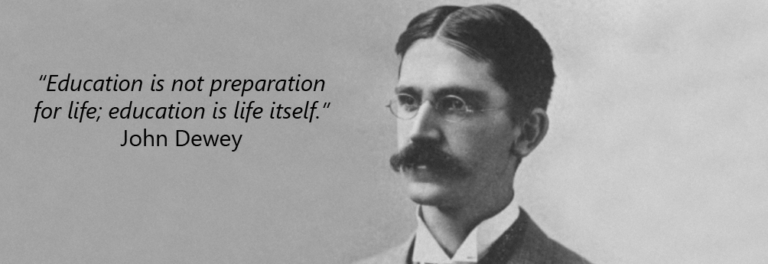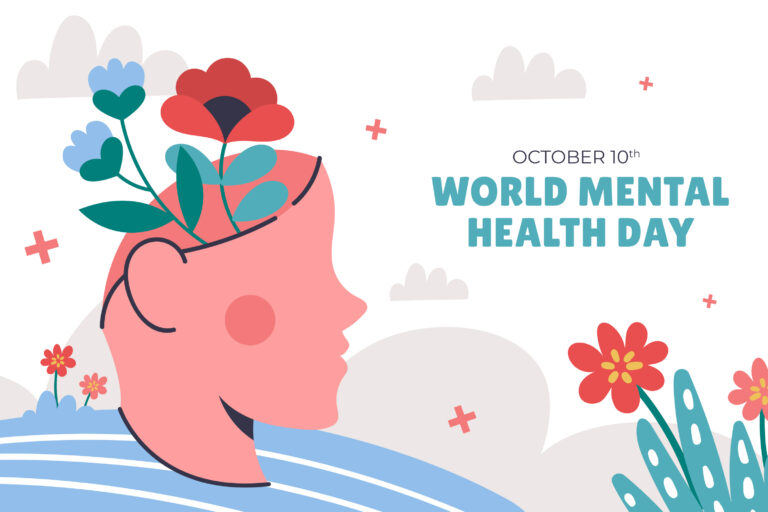In an age of constant distraction and excess, many people are discovering the power of minimalism. But what does minimalism really mean, and why are so many turning to it for relief from the pressures of modern life? Minimalism isn’t just about owning fewer things; it’s about creating more space—physically, mentally, and emotionally—for what truly matters. By embracing this lifestyle, you can break free from the chaos, cut out what’s unnecessary, and simplify your way to reduce stress and more peace.
So, how can you start living a minimalist life, and how does it actually reduce stress? Let’s dive into the philosophy of minimalism and explore actionable steps to help you declutter not just your space but your mind and life.
What is Minimalism?
Minimalism is about intention. It’s the practice of living with purpose by focusing on the essentials and eliminating excess in every area of your life. Whether it’s decluttering your home, freeing up your schedule or curating meaningful experiences, minimalism allows you to live with clarity and direction, helping you focus on what brings value to your life.

How Does Minimalism Reduce Stress?
Stress often comes from feeling overwhelmed, either by clutter in your home, an overloaded schedule, or too much digital input. Minimalism helps reduce that overwhelm by removing unnecessary distractions and giving you back your time, energy, and mental clarity. With fewer things to manage and less chaos around you, you’ll experience a sense of calm and control, reducing stress significantly.
Also Read : Unwind Your Mind: 6 Simple Steps to Release Mental Stress Today
5 Steps to Simplify Your Life and Reduce Stress
Minimalism doesn’t happen overnight. It’s a process that you can start small and build upon. Here are five practical steps you can take to adopt a minimalist lifestyle and lower your stress levels.
1. Clear the Physical Clutter
One of the most powerful ways to start your minimalist journey is by decluttering your living space. A cluttered home can lead to a cluttered mind, making it hard to relax or focus.
Why it works:
When your surroundings are tidy and organized, your mind has fewer distractions, allowing you to think more clearly and feel more in control.
How to do it:
- Start small: Begin with one area (a drawer, a closet or a desk) and sort through items.
- Create categories: Keep, donate, or discard.
- Use the “joy” method: Keep only the things that serve a purpose or bring you happiness.
- Revisit periodically: Make decluttering a routine.
Quick tip:
Try dedicating just 10 minutes a day to decluttering. Small, consistent efforts add up!
Benefits:
- A cleaner, more peaceful home environment.
- Increased focus and relaxation.
- Less time spent tidying up and looking for lost items.
2. Simplify Your Schedule
Are you constantly feeling rushed or overwhelmed by your commitments? A cluttered schedule can be as stressful as a cluttered home. Minimalism teaches us to prioritize what truly matters.
Why it works:
When you streamline your schedule, you regain control of your time. With fewer commitments, you can focus on the things that bring you joy, making your day more fulfilling.

How to do it:
- Identify your priorities: Focus on commitments that align with your goals.
- Say “no” more often: Politely decline tasks that don’t add value to your life.
- Time-blocking: Organize your day into focused work periods with breaks in between.
- Delegate or automate: Eliminate non-essential tasks.
Quick tip:
Learn the power of a well-placed “no” without guilt. Remember, your time is precious.
Benefits:
- Reduced burnout and overwhelm.
- More free time for self-care or family.
- Improved productivity by focusing on what matters.
3. Digital Declutter
In a world that’s always connected, digital clutter can be as overwhelming as physical clutter. Constant notifications, overflowing inboxes, and endless social media scrolling drain mental energy.
Why it works:
When you reduce digital distractions, you free up mental space for creativity, mindfulness, and meaningful connections. You also reduce feelings of overstimulation.
How to do it:
- Unsubscribe from unnecessary emails: Clear out your inbox.
- Turn off non-essential notifications: Keep your phone distraction-free.
- Limit social media use: Set specific times to check your social apps.
- Clean up your devices: Organize your digital files and delete unused apps.
Quick tip:
Use “Do Not Disturb” mode during work or relaxation time to stay focused.
Benefits:
- Less mental fatigue and distraction.
- More time for mindful activities.
- Improved productivity and relaxation.
4. Mindful Consumption
Minimalism doesn’t just stop at decluttering your home or schedule. It extends to your spending habits. Mindful consumption means being intentional about what you buy and why you buy it.
Why it works:
Impulse purchases can lead to regret, financial stress and unnecessary clutter. When you adopt mindful spending, you reduce financial pressure and accumulate fewer possessions, leading to a more peaceful life.
How to do it:
- Track your spending: Keep a monthly budget to understand your purchasing habits.
- Ask yourself before buying: Do I really need this? Will it add value to my life?
- Embrace the “one in, one out” rule: For every new item you buy, donate or discard one you already own.
- Delay gratification: Wait a few days before making non-essential purchases.
Quick tip:
Practice “intentional shopping” by making a list of only what you need before heading to stores.
Benefits:
- Less financial stress and better savings.
- A home filled with meaningful and useful items.
- Greater awareness of your consumption patterns.
5. Focus on Quality Relationships
Not all relationships are healthy or add value to your life. Read that again!!! Minimalism encourages you to evaluate your connections and focus on those that nurture, uplift and inspire you.

Why it works:
Toxic or draining relationships can be a huge source of stress. By surrounding yourself with positive and supportive people, you improve your emotional well-being and feel less burdened by negativity. I personally have experienced this and definitely recommend.
How to do it:
- Evaluate your social circle: Focus on people who bring positivity to your life.
- Set boundaries: Communicate your needs clearly and respectfully.
- Prioritize quality time: Spend meaningful time with family and close friends.
- Let go of toxic relationships: Don’t hesitate to distance yourself from negativity.
Quick tip:
Check in regularly with yourself to assess how your relationships make you feel. Prioritize those that uplift you. You do not need to feel ashamed or judge yourself for it.
Benefits:
- Increased emotional well-being.
- Reduce stress from toxic or draining interactions.
- Deeper, more meaningful connections with loved ones.
Conclusion: Simplify to Thrive
Minimalism isn’t about deprivation or living with the bare minimum. It’s about freeing yourself from what’s unnecessary and focusing on what truly brings value and joy to your life. Whether it’s decluttering your home, streamlining your schedule or curating meaningful relationships, minimalism offers a path to greater peace and reduced stress.
Ready to simplify your life? Start small—pick one area and begin decluttering today. Over time, you’ll find that the more you let go of, the more space you’ll have for what really matters.
Feeling inspired? Share this post to help others simplify their lives and reduce stress!





